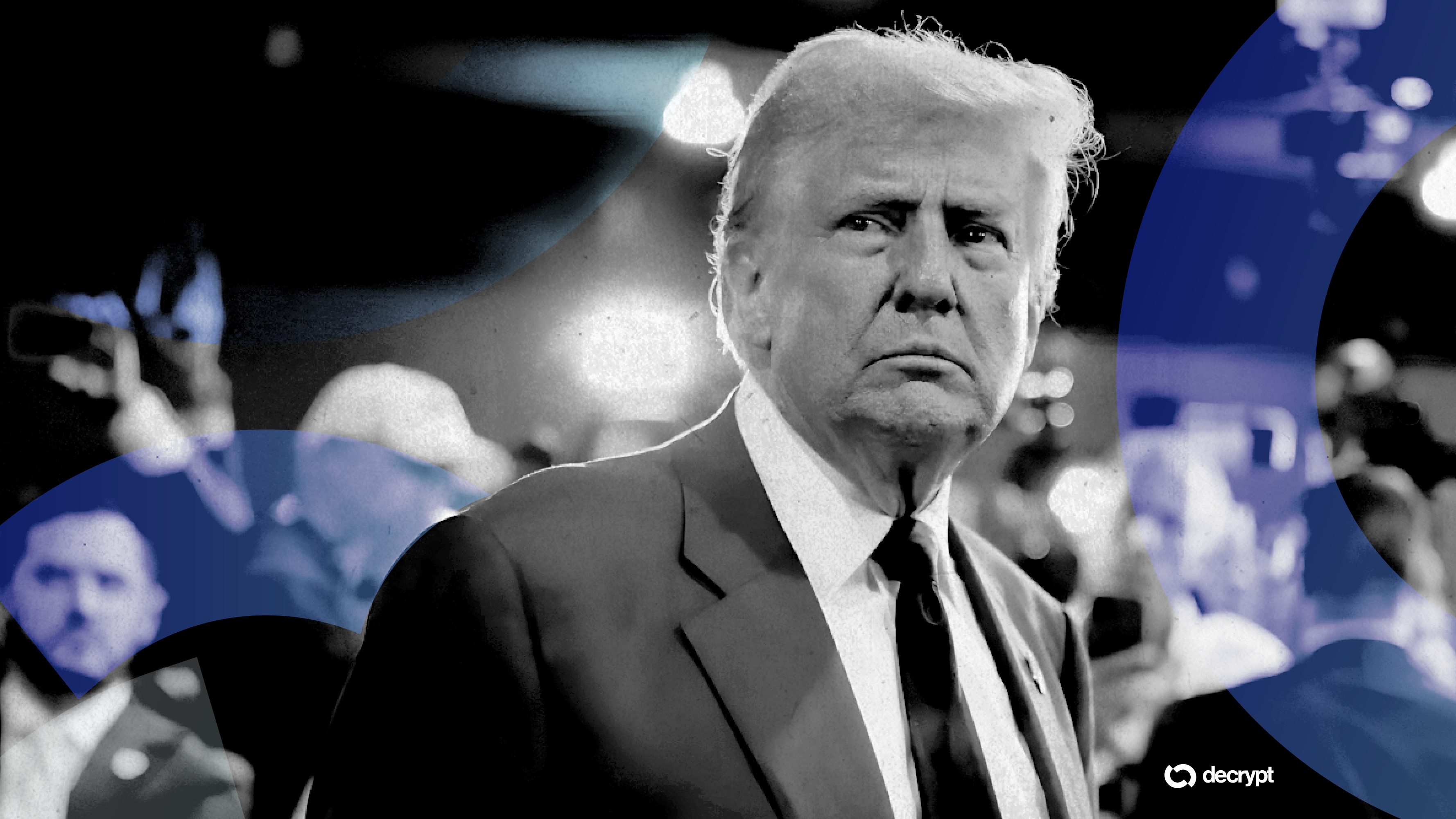
Crypto Power Plays: BNB’s Rise, Trump’s Bitcoin ETF, and Military Backing Fuel Market Frenzy
The cryptocurrency market is undergoing a seismic shift, driven by major developments in regulation, institutional adoption, and high-profile endorsements. From Binance Coin (BNB) challenging Ethereum’s dominance to Donald Trump’s Bitcoin ETF ambitions and even whispers of U.S. military support for Bitcoin, the landscape is evolving at breakneck speed.
In this deep dive, we explore the latest crypto power plays shaping the industry—highlighting key trends, controversies, and what they mean for investors.
BNB’s Bullish Momentum: Can It Overtake Ethereum or XRP?
Binance Coin (BNB) has surged 12.1% in the past month, holding strong at $666.65 despite broader market pullbacks. Originally launched as a faster, cheaper alternative to Ethereum, the BNB Chain continues to attract developers with its streamlined smart contract capabilities.
Why BNB Is Gaining Traction
- Lower transaction fees compared to Ethereum
- Strong ecosystem growth, including DeFi and NFT projects
- Binance’s dominant exchange backing, ensuring liquidity
However, skeptics argue that BNB still lacks Ethereum’s decentralization and developer community. Meanwhile, XRP remains a regulatory wildcard, with Ripple’s ongoing SEC battle influencing its trajectory.
If BNB maintains this momentum, could it eventually flip Ethereum or XRP in market cap? Analysts suggest that while possible, Ethereum’s first-mover advantage remains a formidable barrier.
Pump.fun’s $4B Memecoin Gamble: Genius or Bubble?
Solana-based memecoin launchpad Pump.fun is making waves with plans for a $1 billion token sale, targeting a staggering $4 billion fully diluted valuation. The project aims to capitalize on the explosive demand for meme coins—but is this sustainable?
Key Concerns:
- High-risk speculative asset class
- Potential for pump-and-dump schemes
- Regulatory scrutiny looming
Despite these risks, Pump.fun’s model—leveraging Solana’s speed and low fees—could attract both retail and institutional interest. Will this be the next big thing or another cautionary tale?
SEC Chair Slams “Regulation by Enforcement” Approach
SEC Chair Paul Atkins recently criticized the agency’s heavy-handed tactics against crypto firms, arguing that excessive enforcement stifles innovation and invites fraud. His comments come amid growing bipartisan frustration with the SEC’s inconsistent policies.
What This Means for Crypto:
- Potential shift toward clearer regulations
- More collaboration between regulators and industry players
- Possible easing of crackdowns on exchanges like Binance and Coinbase
This could signal a turning point in U.S. crypto policy—especially as lawmakers demand more transparency from the SEC.
Ripple Denies $5B Circle Acquisition Rumors
Ripple CEO Brad Garlinghouse shut down speculation that the company was pursuing a $5 billion acquisition of stablecoin issuer Circle. The rumor had fueled excitement about Ripple expanding into stablecoins—a move that could have strengthened its position against Tether (USDT) and USD Coin (USDC).
Why It Matters:
- Ripple remains focused on cross-border payments via XRP
- Circle continues dominating with USDC, now integrated across major blockchains
- Future M&A activity in crypto could reshape stablecoin dynamics
For now, Ripple seems content to grow organically rather than through blockbuster deals.
USD1 Token Surges 10x Post-Binance Listing—But Centralization Concerns Linger
The newly listed USD1 token saw a massive spike in transactions after debuting on Binance, thanks to backing from BNB Chain and meme coin integrations. However, critics warn that its supply is highly concentrated—raising red flags about manipulation risks.
Investor Takeaway:
- Short-term hype can drive prices up rapidly
- Always check token distribution before investing
- Decentralized alternatives may offer better long-term stability
Trump Media Files for Bitcoin ETF—Political Game Changer?
Former President Donald Trump’s media company, Trump Media & Technology Group (TMTG), is seeking SEC approval for a spot Bitcoin ETF via a partnership with an undisclosed firm. This move aligns with Trump’s recent pro-crypto stance—a sharp reversal from his earlier skepticism.
Implications:
- Could accelerate mainstream Bitcoin adoption in the U.S.
- May influence crypto policy ahead of the 2024 election
- Adds legitimacy to ETFs after BlackRock and Fidelity approvals
If approved, this could become one of the most politically charged ETFs in history.
House Democrats Accuse SEC of Withholding Crypto Bill Analysis
A partisan battle is brewing as House Democrats claim the SEC is denying them critical insights into pending crypto legislation while allegedly favoring Republicans. This tension highlights the growing politicization of digital asset regulation.
Why It Matters:
- Delays in clear rules hurt innovation
- Partisan divides could stall major bills like FIT21 or stablecoin regulations
- Industry needs bipartisan cooperation for long-term stability
Nasdaq-listed EdTech Firm Classover Bets Big on Solana with $500M Treasury Push
Classover, an education technology company listed on Nasdaq, plans to raise $500 million to invest in Solana-based assets—signaling deepening institutional interest in blockchain beyond just Bitcoin and Ethereum.
Key Takeaways:
- Institutions are diversifying into altcoins like SOL
- Solana’s speed and scalability make it attractive for corporate treasuries
- More public companies may follow suit in 2024
U.S. Military Eyes Bitcoin as Strategic Reserve Asset—Senator Lummis Drops Bombshell
In a stunning revelation, Senator Cynthia Lummis suggested that U.S. military leadership is considering Bitcoin as part of its strategic reserves—citing geopolitical tensions with China as a driving factor. If true, this would mark an unprecedented level of state-backed crypto adoption.
Potential Impact:
- Could trigger a global arms race in digital asset reserves
- Strengthens Bitcoin’s “digital gold” narrative
- May force other nations to accelerate CBDC development
Final Thoughts: A Market on the Brink of Transformation
From BNB’s relentless rise to Trump’s Bitcoin ETF ambitions and even military-grade crypto strategies, 2024 is proving to be a watershed year for digital assets. Investors should stay vigilant—regulatory clarity, institutional moves, and geopolitical shifts will dictate where the market heads next. One thing is certain: crypto is no longer just a niche asset class—it's becoming a cornerstone of global finance.